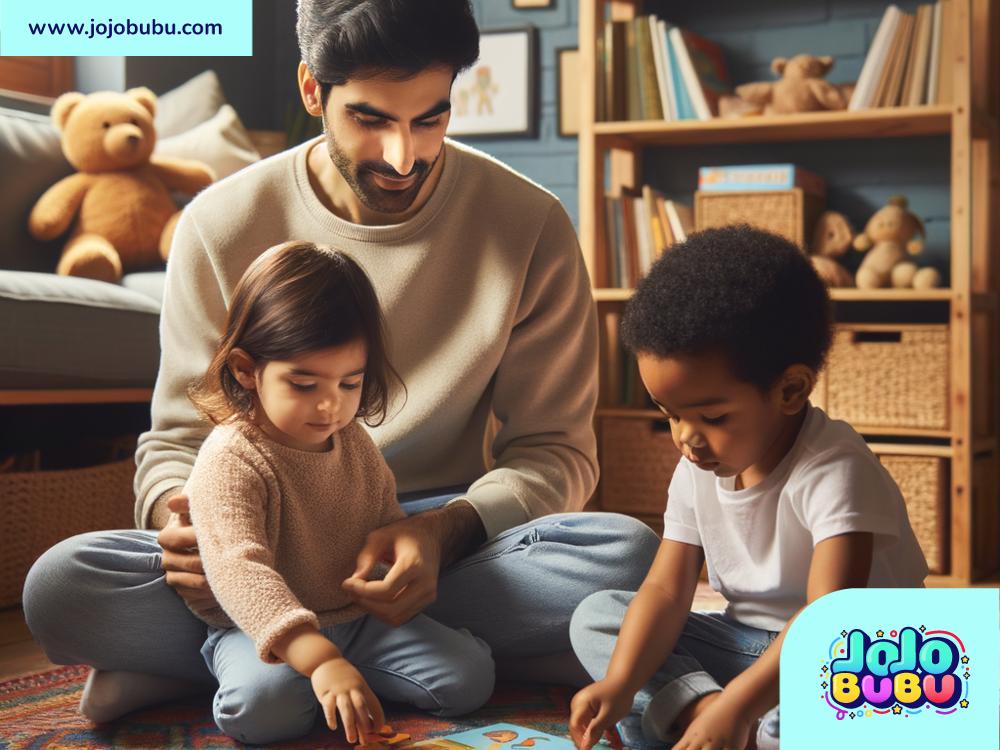Keeping Up with Early Childhood Development: A Guide for Parents and Caregivers
Early childhood development is an exciting journey for both children and the adults who care for them. From the moment they are born, kids begin to grow, learn, and explore. These first few years are incredibly important because they lay the foundation for the rest of their lives. Keeping up with your child’s early development doesn’t have to be a complicated or overwhelming task. By understanding the basics and staying involved, you can help your little one thrive during this special time.
What Is Early Childhood Development?
Early childhood development refers to the physical, emotional, social, and cognitive growth that happens in a child’s early years—typically from birth to age 8. It’s about learning to walk, talk, think, express emotions, and interact with others.
Experts often divide development into key areas:
- Physical Development: Growth of the body, motor skills, and coordination.
- Cognitive Development: Learning, problem-solving, and understanding the world.
- Language Development: Communicating through speech, gestures, and eventually reading and writing.
- Social and Emotional Development: Building relationships, managing feelings, and understanding social cues.
Each child is unique, and development happens at its own pace. Some kids might start talking early, while others take longer. What’s important is supporting them and giving them opportunities to learn and grow.
Why Is Early Development Important?
Early childhood is a time of rapid brain growth. In fact, by the time a child turns 3, their brain has reached about 80% of its adult size! During these years, children are like sponges, absorbing information from the world around them. What they learn now plays a big role in shaping their future.
Kids who have a strong foundation in early childhood development tend to do better in school and in life. They learn more easily, form healthier relationships, and are better equipped to handle challenges. Taking an active role in your child’s growth can set them up for lifelong success.
What Can You Do to Support Your Child’s Development?
As a parent or caregiver, there are countless ways to encourage your child’s development. Here are some practical tips:
1. Spend Time Together
Children learn best when they feel safe, loved, and supported. Spend quality time with your child by reading books, playing games, or simply talking to them. Whether you’re cuddling on the couch or building towers out of blocks, these moments are more than just fun—they’re learning opportunities.
2. Encourage Curiosity
Kids are naturally curious about the world. Encourage them to explore and ask questions. Go on nature walks, cook simple recipes together, or let them help with household tasks. These experiences allow your child to learn new skills while building confidence.
3. Talk and Listen
Language skills are critical during early childhood. Talk to your child often, even if they’re too young to respond. Narrate your day, sing songs, and point out objects (“Look, there’s a red apple!”). When they start talking, make sure to listen and respond to their questions—it shows them their thoughts are valued.
4. Play and Move
Play is key to early development. Children develop motor skills, creativity, and social skills through playtime. Provide opportunities for them to run, climb, and dance, as well as engage in activities like drawing or puzzles. Both physical and quiet play are equally important.
5. Create Routines
Routines help kids feel secure and establish healthy habits. Simple routines like waking up, eating meals, and going to bed at the same time each day create stability and predictability in their lives, which is good for emotional development.
6. Limit Screen Time
While devices like phones and tablets can be useful tools, too much screen time can hinder development. Instead, encourage hands-on activities, reading, or outdoor play.
7. Pay Attention to Milestones
Developmental milestones are milestones that show how your child is progressing. For example:
- By 6 months: Responds to their name and sits up
- By 12 months: Says a few words and follows simple instructions
- By 2 years: Begins putting words together into short sentences
Every child develops differently, but if you notice signs of delay or have concerns, talk to a pediatrician or an early childhood specialist.
The Role of Care and Support
Children thrive when surrounded by love, care, and positive reinforcement. Always celebrate their successes—big or small—and help them feel confident in their abilities. Be patient when they make mistakes; learning doesn’t happen overnight.
Creating a safe and nurturing environment also means protecting your child from stress. Be mindful of your own emotional health, as kids often absorb the feelings of adults around them. The calmer and happier you are, the calmer and happier they’ll be.
Don’t Forget Yourself
Supporting your child’s development can be tiring, and it’s easy to forget about your own well-being. Remember to take breaks and ask for help when needed. Whether it’s talking to friends, asking family members to babysit, or seeking advice from professionals, taking care of yourself is just as important as taking care of your child.
Final Thoughts
Early childhood development is a wonderful and rewarding adventure. By spending quality time with your child, encouraging their curiosity, and monitoring their progress, you can help them grow into happy, healthy individuals. Every moment matters—so enjoy the little joys and milestones as they come. With love, patience, and understanding, you’re giving your child the best possible start in life.

